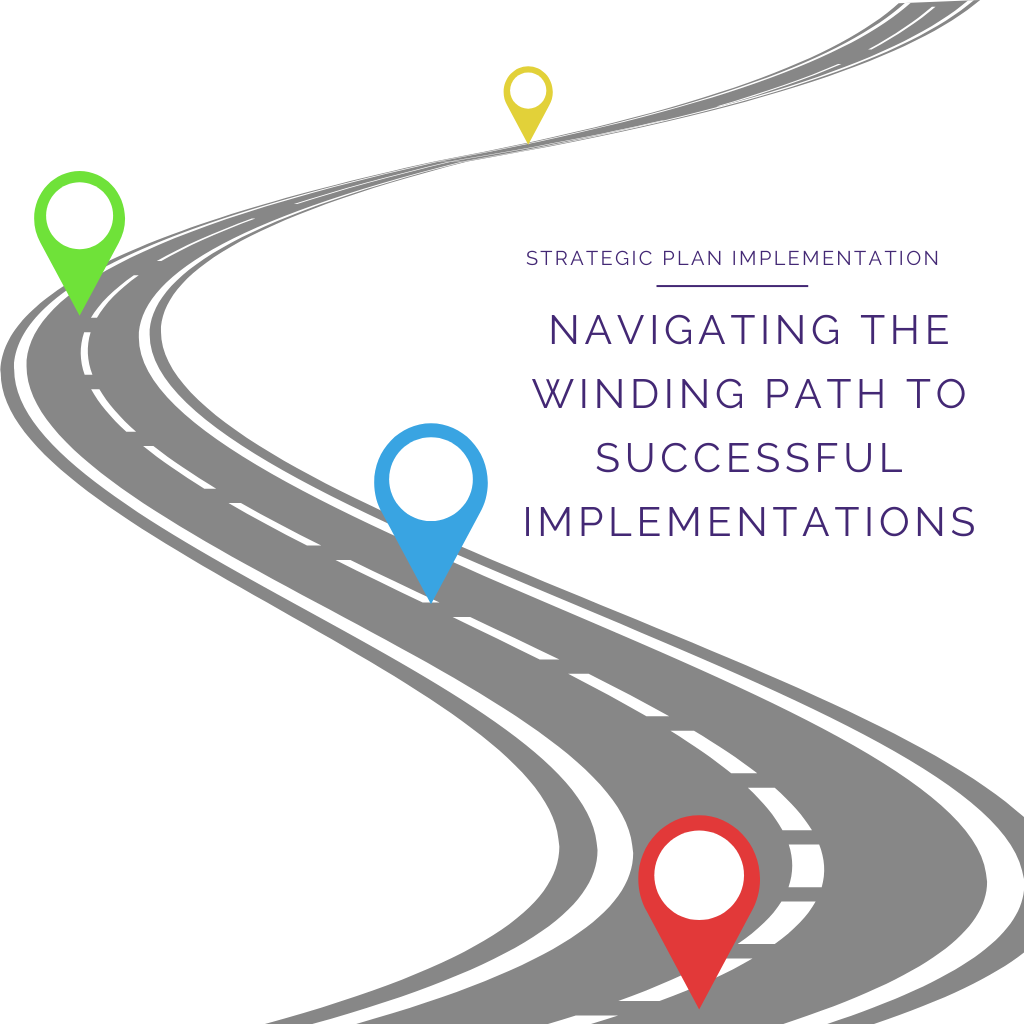Getting yourself ready is the first step. If this is going to be a difficult conversation, how are you getting yourself ready?
What is the aim of your conversation? Too often we jump into a conversation filled with emotion or avoiding the conversation all together because we are upset, and we don’t know where to start.
· Start with what your aim/purpose in having this conversation.
· What are you wanting as an outcome?
· Will the other person want the same outcome?
· If not, how might they deter you from your message?
· What can you predict will be their response? When you can predict how someone will behave or respond you get to say, “I knew they would say that!” It is empowering to predict, and it also has a great way of not allowing yourself to be triggered by their reaction.
· If you can predict them, you MUST respond differently.
· How can you turn this exchange into a learning opportunity for personal growth and not retribution?
“If you can predict how someone will behave, you ought to be able to respond different.”

What do you want them to experience by the end of your conversation? (This is about them, not about you) If all you are preparing for is the points you want to make in the conversation, it will not go far and have very little impact.
· When you seriously consider what you want them to experience during your conversation you will craft better questions and have a much richer outcome. (Hint: If all you want them to do is react/behave or apologize you are not landing on the right experience.)
· Shaming them will often trigger them.
· Consider their personality may see the situation differently and how they react may not be the same as yours. Being clear on what you want them to experience helps you craft your conversation. Give it some honest thought.
Craft an Opening and Closing statement. When you figure out your aim, think about how you will contextually set up the conversation.
· Write out your opening. Get it down on paper for you to see. Then jump to how you would like to close out the conversation. How would you like to leave the conversation? Write it down.
· Now all you have to do is figure out what gets squeezed in the middle.
How long should the conversation take? No more than 30–50 minutes. If you are nearing an hour, think about the challenge you are going to give them or the questions for them to ponder. You are helping them to reflect and bring their thoughts/ideas/actions to the shift or actions required. If you go beyond an hour, you are repeating and hearing old stories.

John Beranek is an executive coach, a space holder for difficult conversations and a seeker of anything outside. You can learn more about him at www.johnspeak.org



